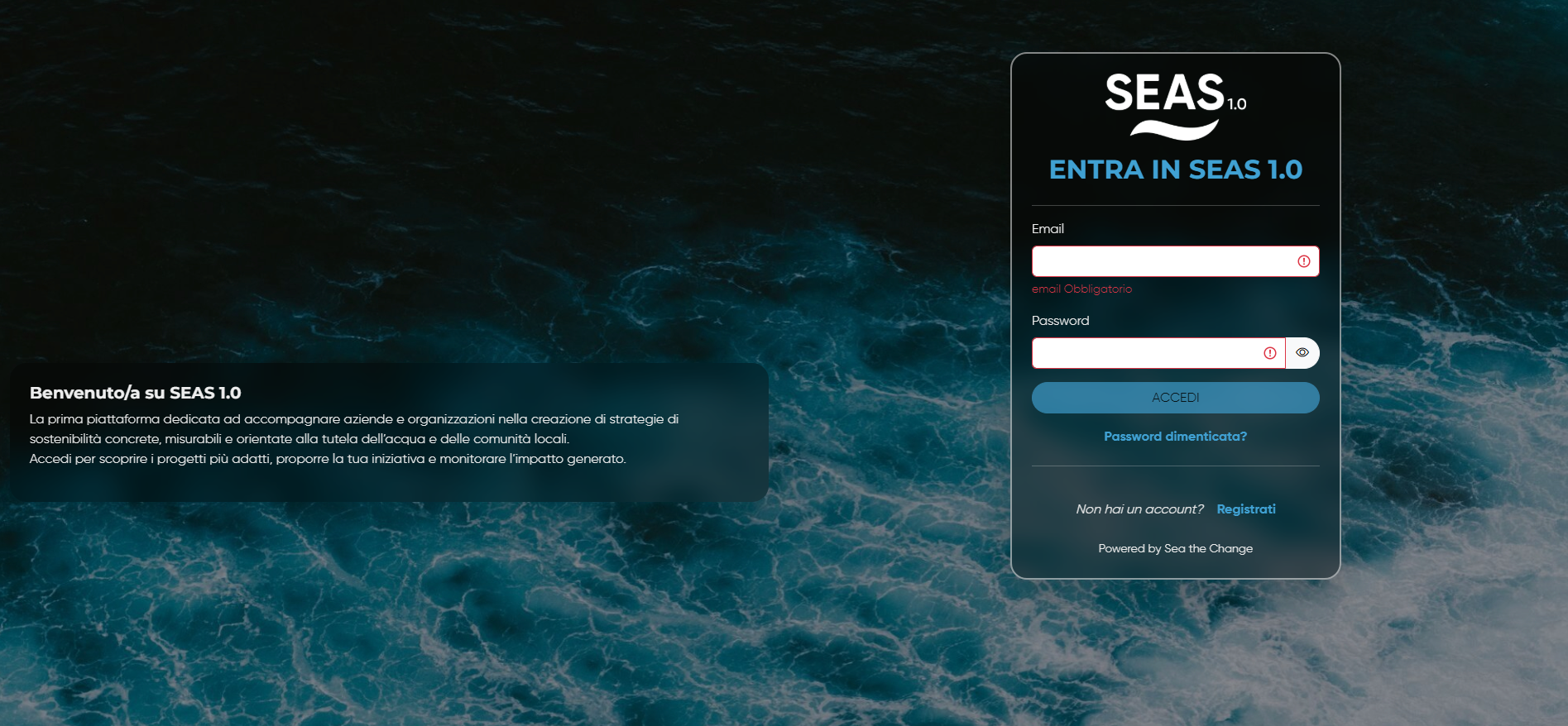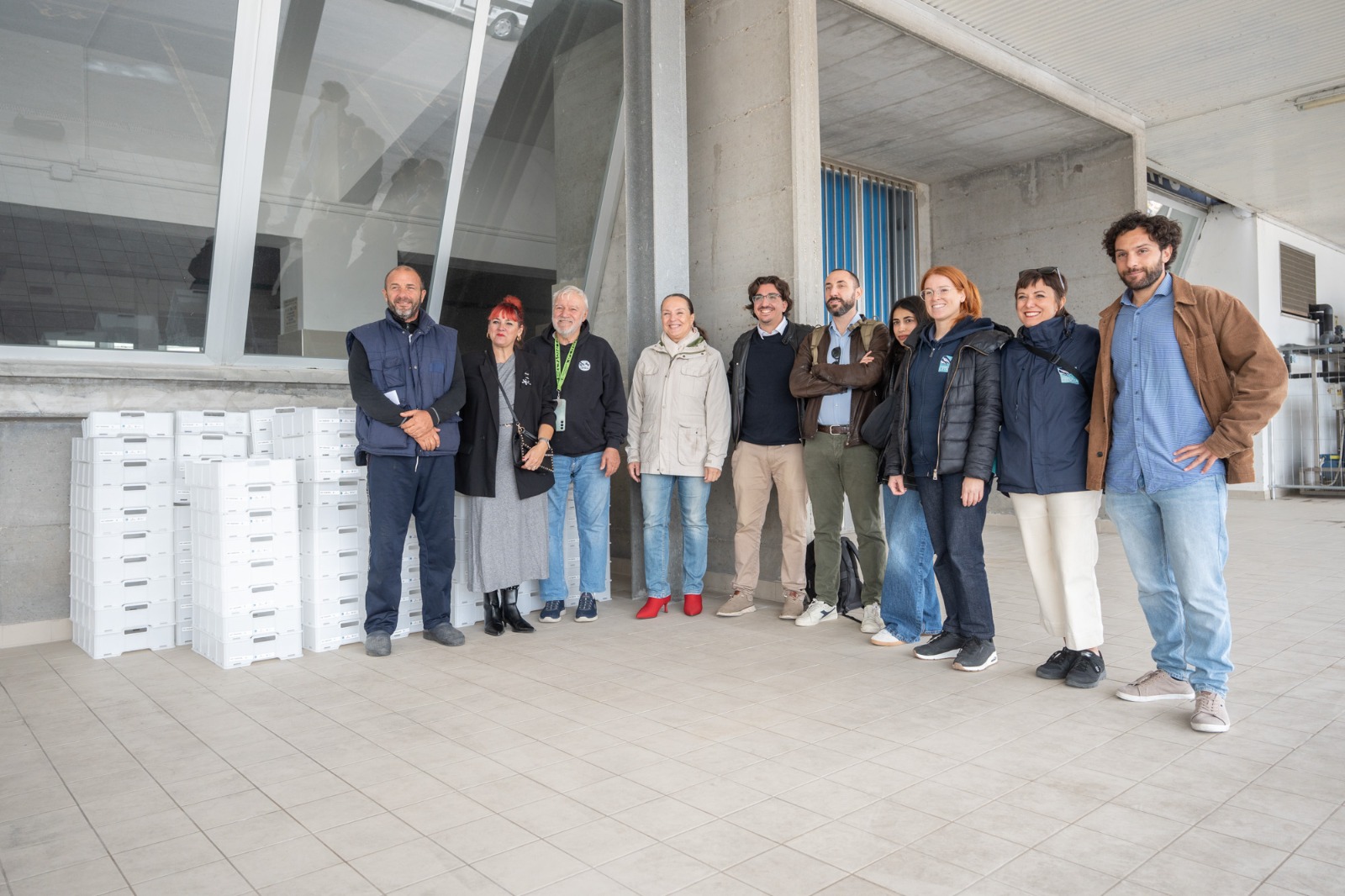News
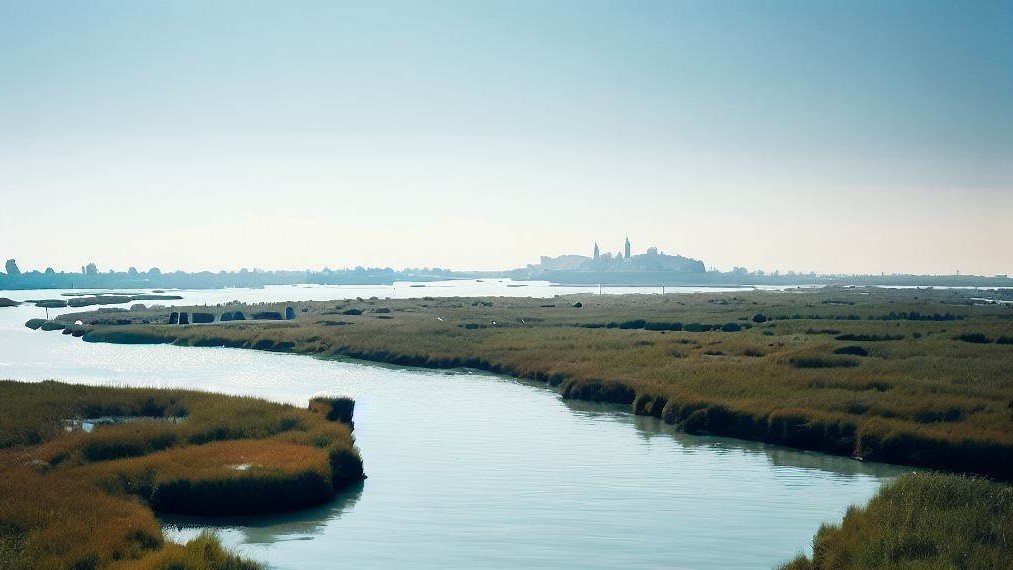
A multitude of diverse environments
At the interface of land and water, wetlands include an extraordinary range of environments, all linked by one essential element: water. From marshes and swamps to peatlands and natural or artificial basins, whether permanent or seasonal, with still or flowing water, fresh, brackish, or saline, they all fall under the definition of wetlands. Despite their diversity, these ecosystems cover only about 6% of the Earth’s surface.
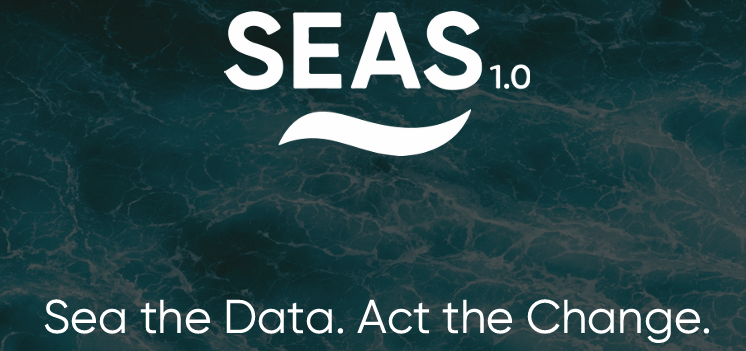
The Ocean Climate Finance Gap
To conserve and restore the oceans, approximately USD 175 billion per year are needed. Yet, only about USD 25 billion is currently being invested. This leaves a staggering gap of around USD 150 billion, as highlighted in the report “A Drop in the Ocean: Closing the Gap in Ocean Climate Finance” (November 2021).
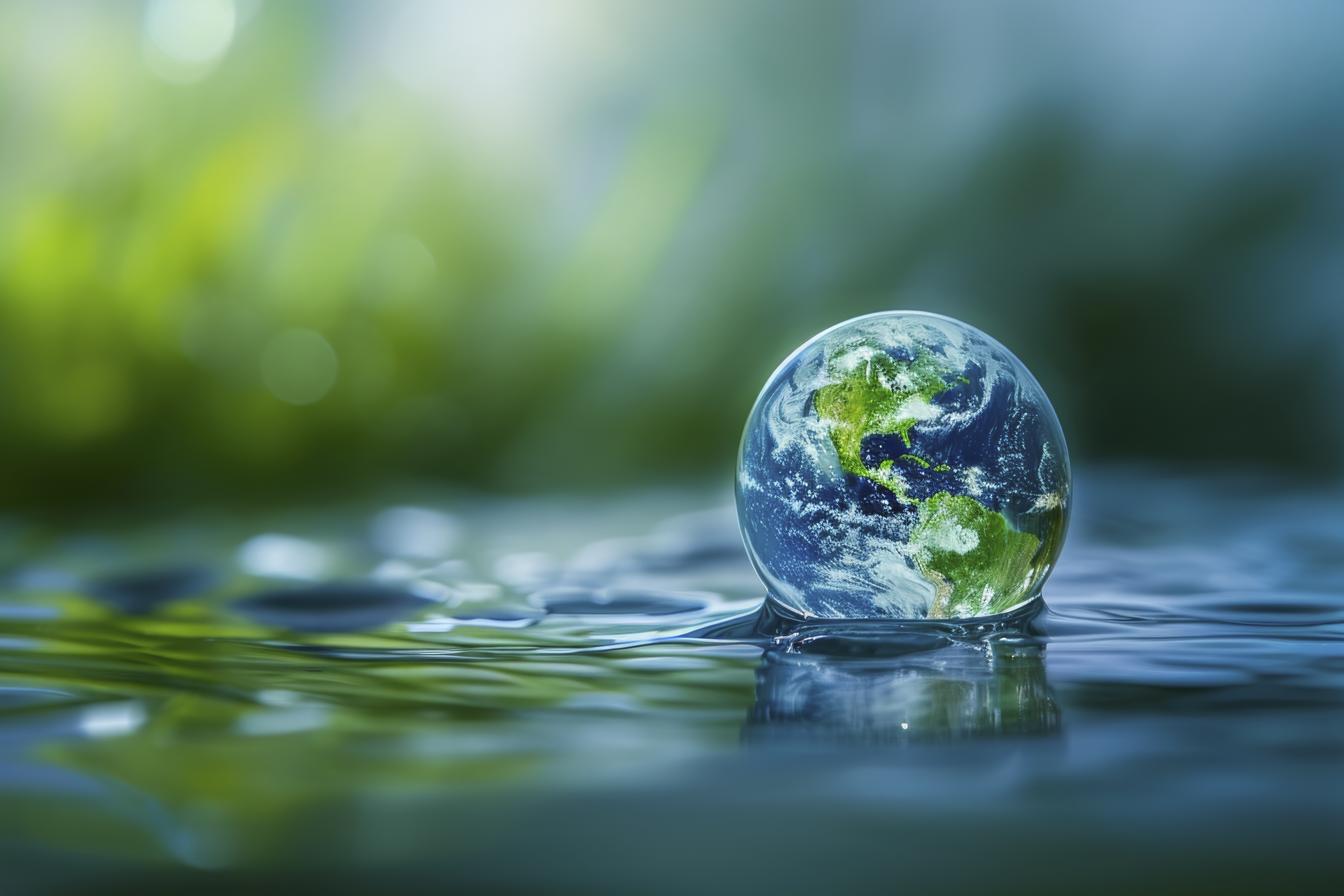
For a nature-positive economy that protects resources and creates added value
Investments in nature restoration generate between €4 and €38 for every euro spent. In Italy, failing to address environmental degradation would cost €2.2 billion per year. For businesses, a “nature-positive” strategy can improve access to credit, open new markets, and create business opportunities.



